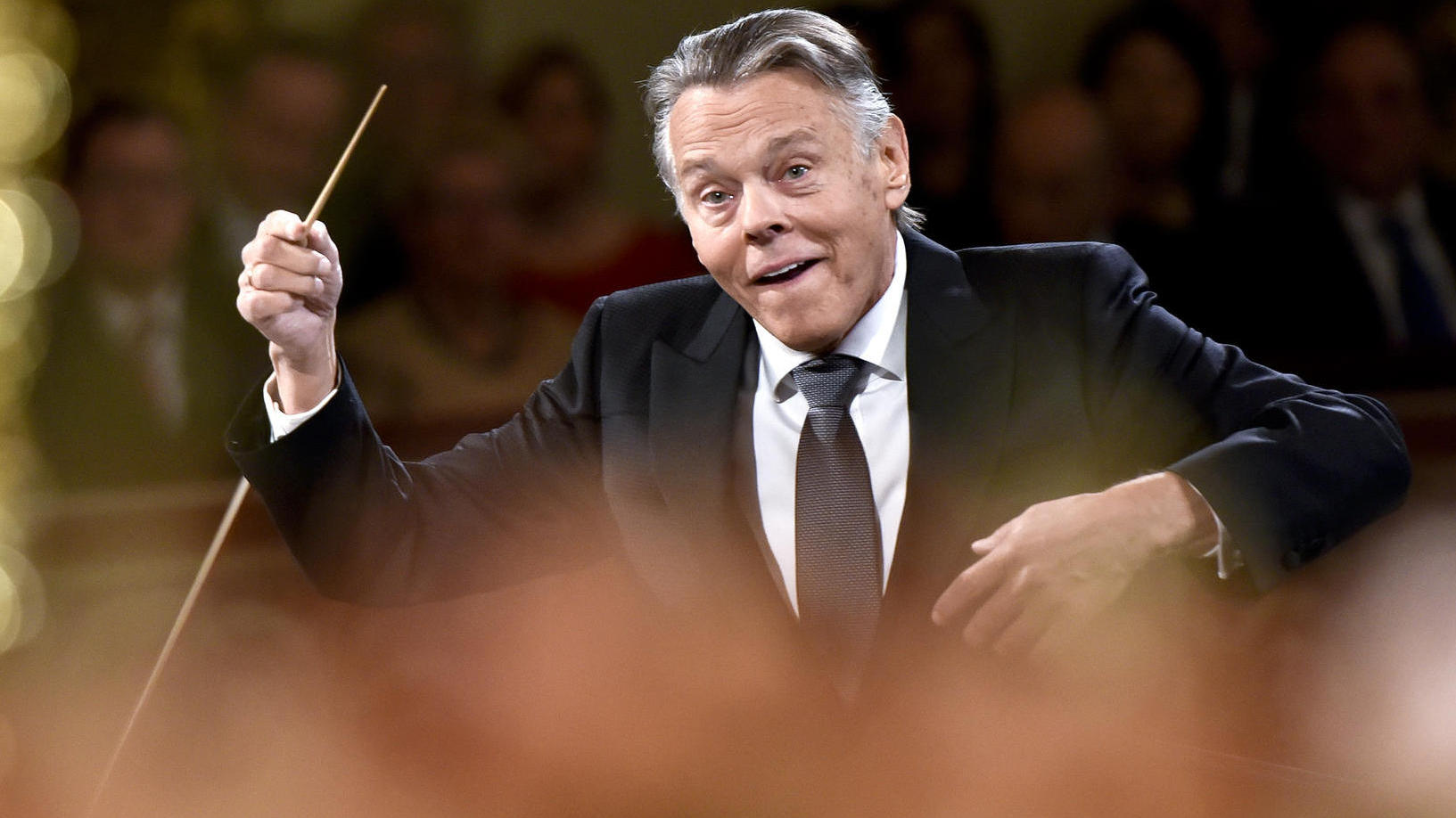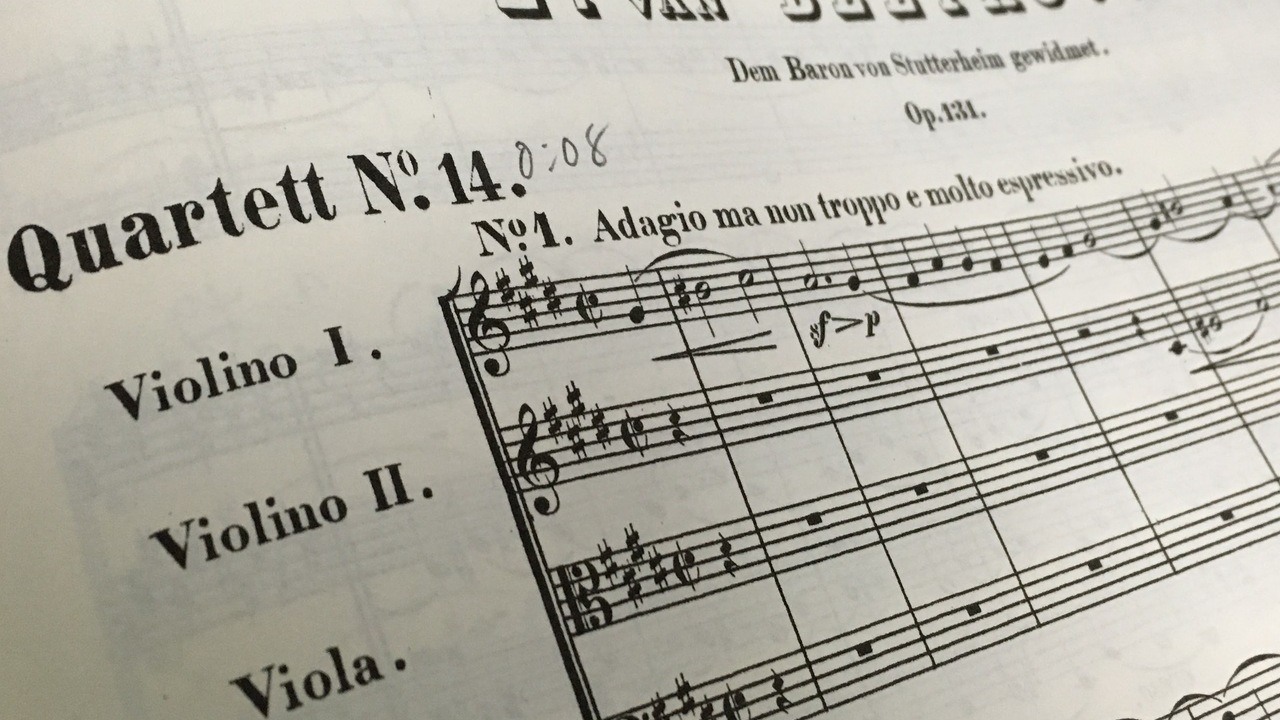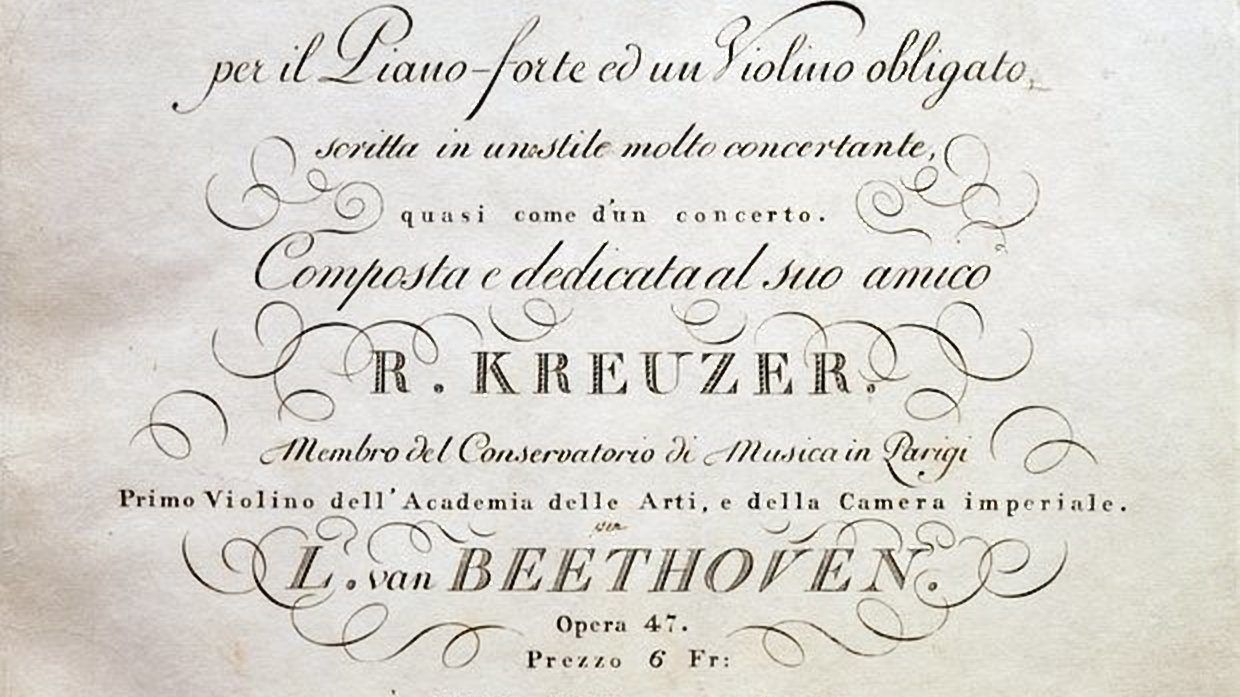Beethoven’s Fifth Symphony: Mariss Jansons and the Bavarian Radio Symphony Orchestra
Ludwig van Beethoven was born on or around this date in 1770. Although the exact date remains unclear, Beethoven’s baptism was registered for December 17, 1770. At the time, Catholic officials required newborn babies to be baptized within twenty-four hours of birth. Strangely, throughout his life Beethoven insisted that his actual year of birth was 1772, despite evidence to the contrary. In celebration, here is the late Mariss Jansons’ vibrant recording of Beethoven’s Symphony …







